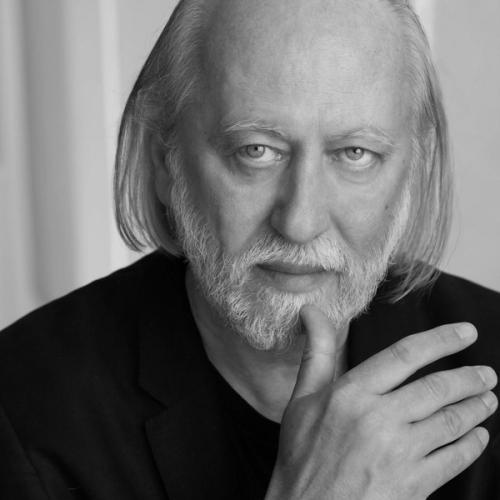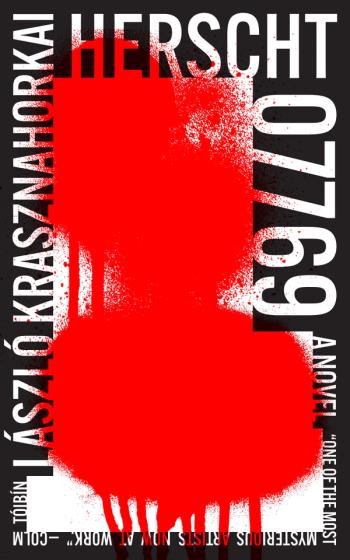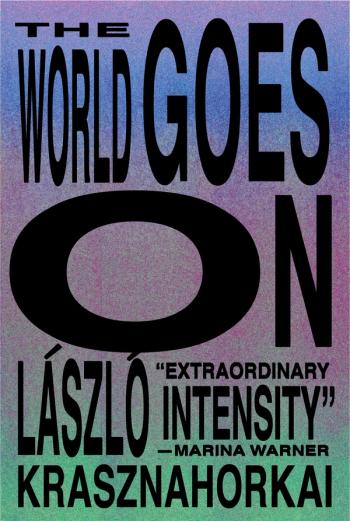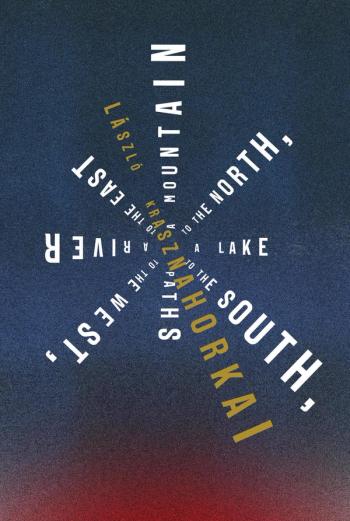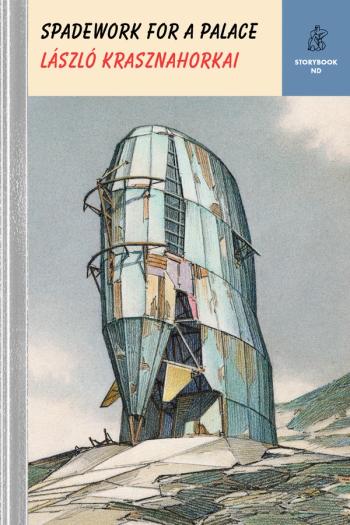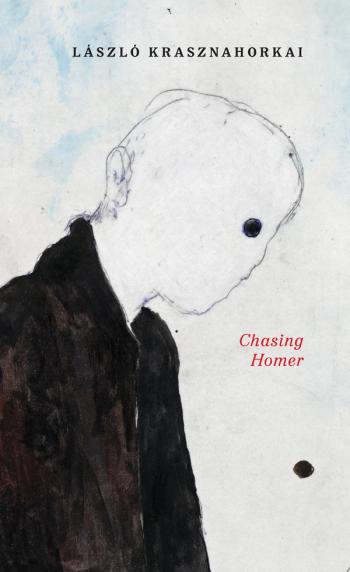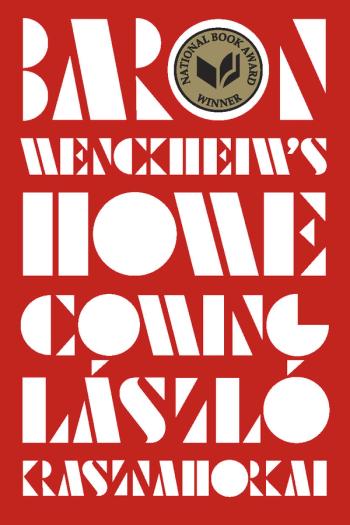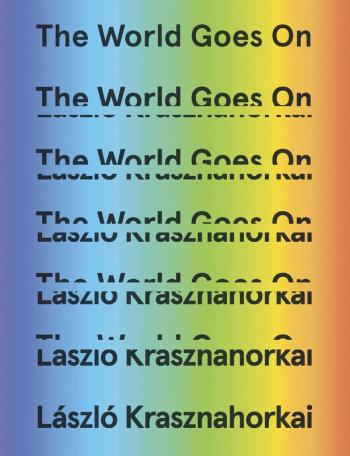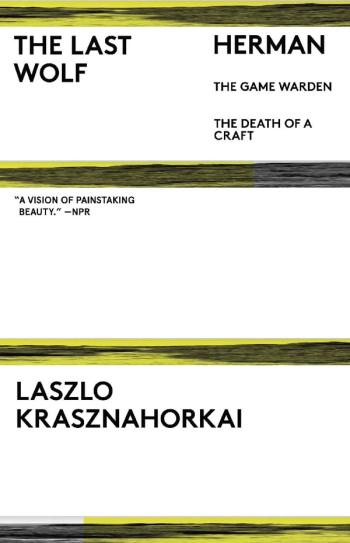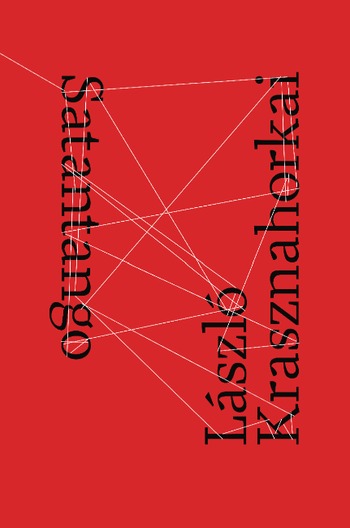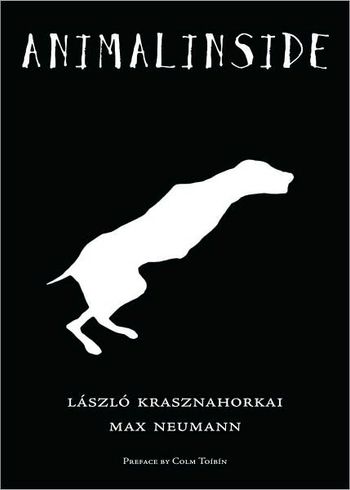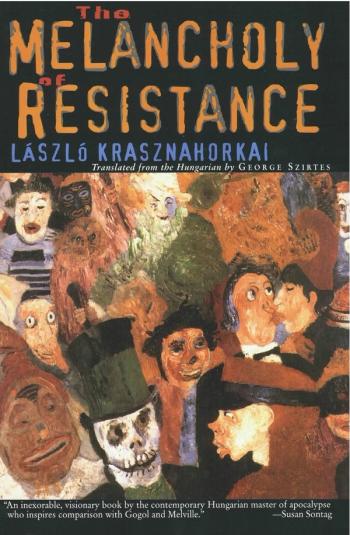As author
Herscht 07769
The World Goes On
A Mountain to the North, a Lake to the South, Paths to the West, a River to the East
Spadework for a Palace
Chasing Homer
Baron Wenckheim's Homecoming
The World Goes On
The Last Wolf & Herman
Seiobo There Below
Satantango
Animalinside
War & War
The Melancholy of Resistance
László Krasznahorkai
László Krasznahorkai was born in Gyula, Hungary, in 1954. He worked for some years as an editor until 1984, when he became a freelance writer. He now lives in reclusiveness in the hills of Szentlászló. He has written five novels and won numerous prizes, including the 2019 National Book Award for Translated Literature, the 2015 Man Booker International Prize, and the 2013 Best Translated Book Award in Fiction for Satantango. In 1993, he won the Best Book of the Year Award in Germany for The Melancholy of Resistance. For more about Krasznahorkai, visit his extensive website.
